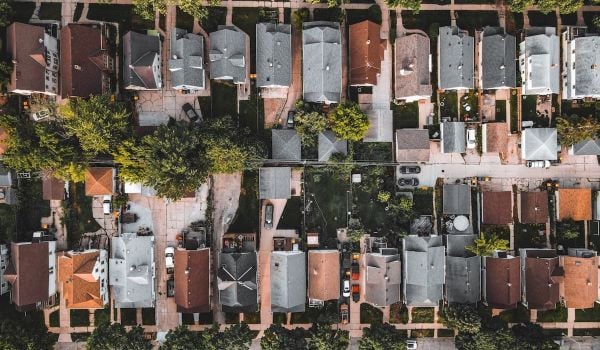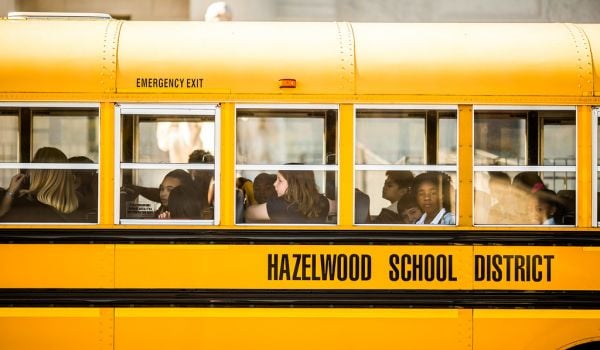As we start a new year with even more clarity about the devastating state of our economic crisis, it’s time to acknowledge that we cannot and will not be able to achieve an equitable recovery for every person and family if we simply strive to get “back to normal.”
“Normal” as defined by Wall Street bailouts and a focus on protecting the wealth of a select few at the expense of workers and families — was not working before the pandemic, and it will not achieve a just and equitable post-pandemic recovery. It’s time to reimagine our economy in a way that focuses on people — an economy where everyone has financial security, institutions are built to democratize wealth, and our industries are redesigned to be regenerative and environmentally sustainable.
This feels like an impossible task, but creating a more just and equitable economy is already happening at the local level in every corner of this country. As wages remain flat and costs rise, local leaders are supporting new economic structures that focus on workers, not corporations. In response to COVID-19, Philadelphia passed historical legislation to protect essential workers from retaliation for reporting unsafe working conditions or refusing to work in environments that put their health at risk. Labor unions and progressive officials in New York implemented minimum wage for drivers working for ride-hailing companies like Uber and Lyft and capped delivery fees that cripple local restaurants for the duration of the pandemic. And in Chicago, a Northside community is building momentum to expand urban agriculture and develop a circular healthy local economy.
Other cities — like Stockton, California, and St. Paul, Minnesota — are piloting economic stability programs like guaranteed income, while others are investing in programs to increase the power of tenants and preserve affordable housing stock. For example, in Berkeley, the tenant opportunity to purchase act is an anti-displacement strategy that prioritizes low-income renters and communities of color. This act creates legal rights for tenants to make the first offer to purchase the property they live in when the owner decides to sell.
In Baltimore, the city has established a strong partnership between their community land trust and the affordable housing trust fund that helps the city identify and purchase vacant land for future affordable development. In Milwaukee, policy makers adopted “CORE”– a resolution to create a Community-Oriented Responsible and Equitable development zone. The resolution aims to ensure that economic wealth generated in Milwaukee’s central business district will be reflected in the wages of service-sector workers, especially those in neighborhoods struggling with poverty and unemployment. In Columbus, the city council launched the ‘Right to Recover’ program, which provides one-time emergency financial relief for low-income workers who contract COVID-19 and need to take time off of work, isolate, and recover. No one should be forced to decide between their health and their next paycheck, and giving workers the security they need to get tested and recover protects their health, their family’s health, and the health of the entire community.
These efforts are preserving public ownership and resources from corporate and capital exploitation, and investing in worker health and safety in an economy that currently works to the benefit of the one percent.
There is no doubt that we are at the brink of one of the greatest economic crises of our generation. Now is the time to embrace — not shy away from — bold ideas that will work to refocus our economy on what matters most: helping people and families first. The future will be what we work to make it — so let’s create a truly just and equitable economy that works for us all.
This is part of a mini-series of op-eds about how local ideas can help solve national problems.
Elizabeth Brown is a Columbus City Councilmember and a member of Local Progress, a national network of progressive local elected officials.
Marcelia Nicholson is the President of the Milwaukee County Board of Supervisors and a member of Local Progress, a national network of progressive local elected officials.

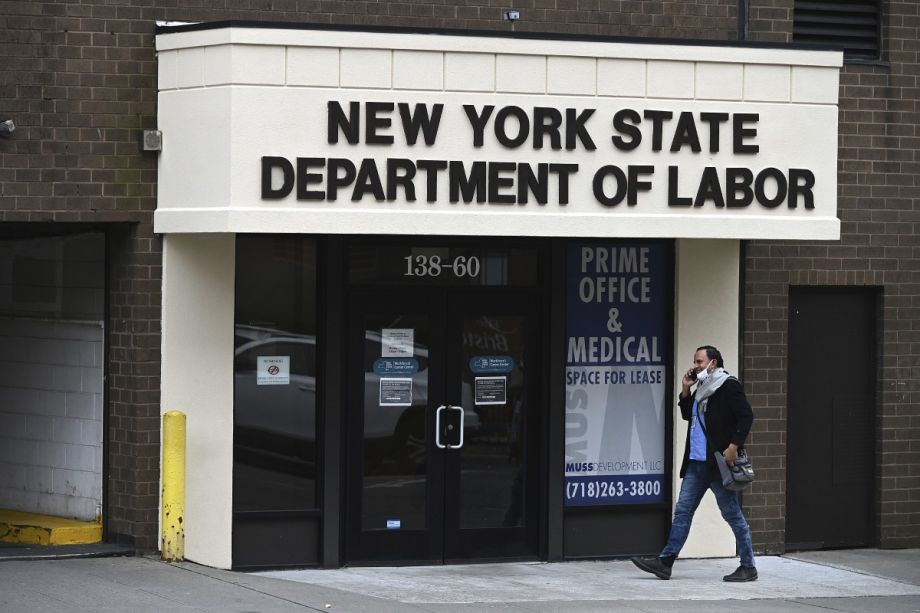
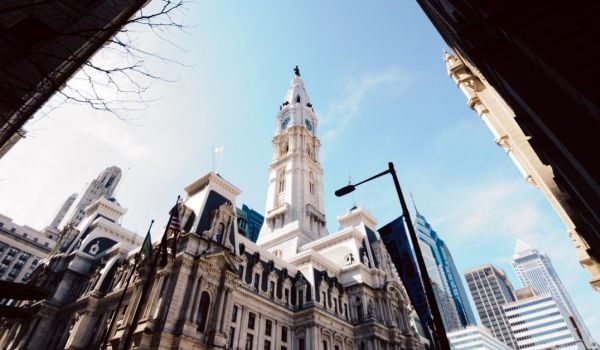

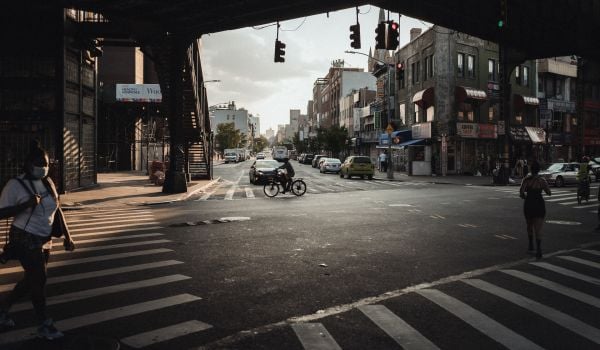

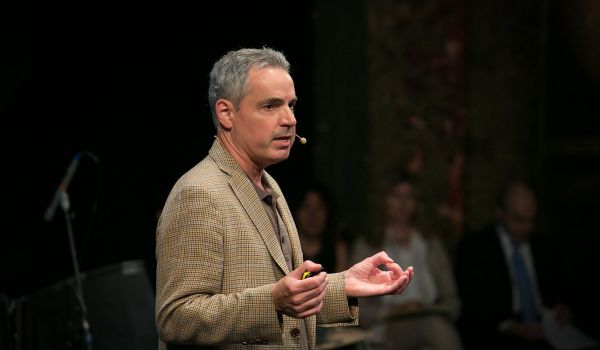
_600_350_80_s_c1.jpg)
